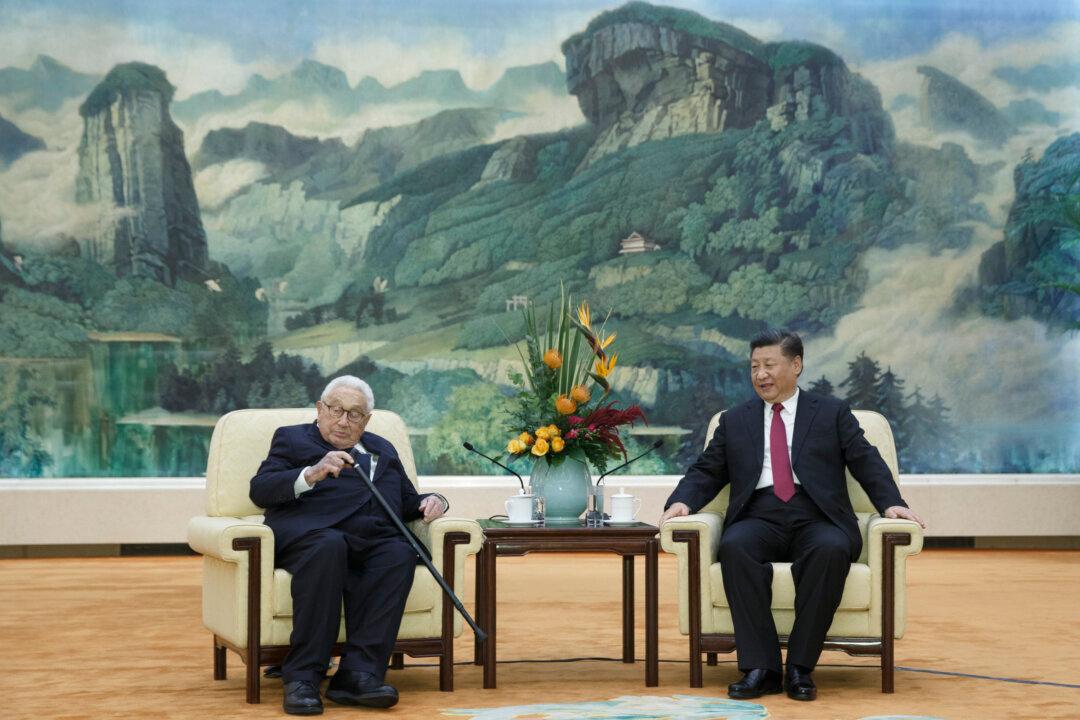As the Sino–U.S. trade war shows no signs of abating after the 2018 midterm elections, Beijing may be signaling a willingness to work with American trade demands, of which a central issue is China’s plan to dominate high-technology manufacturing, called “Made in China 2025.”
On Nov. 8, Chinese leader Xi Jinping met with former Secretary of State Henry Kissinger in Beijing. During the meeting, Xi told Kissinger that “the United States should respect China’s right to develop in the path chosen by ourselves and our reasonable interests.”





